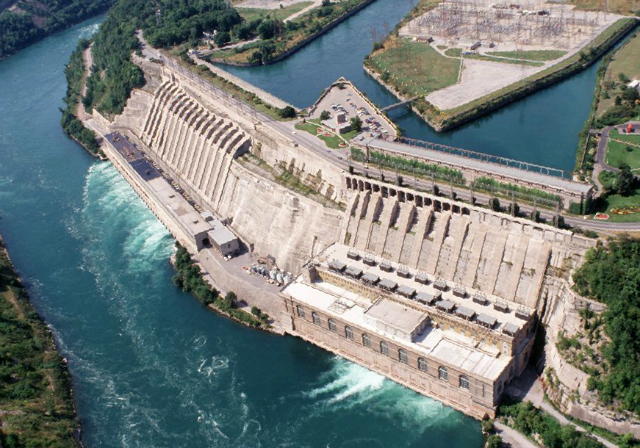The future of Ontario’s largest electricity distribution and transmission utility, Hydro One Ltd. (TSX:H), hangs in the balance after the provincial government, led by Ontario Progressive Conservative leader Doug Ford, forced the company’s chief executive and the entire board to resign in a deal announced yesterday.
Mr. Ford had criticized outgoing CEO Mayo Schmidt for his $6-million compensation package and made his ouster part of his campaign promise to win voters in Ontario, where consumers saw a major spike in their power bills during the Liberal government’s tenure.
However, investors didn’t like the move, which has raised doubts about the utility’s future profitability and its growth plans that Mr. Schmidt was implementing. Hydro One shares plunged as much as 6.2% to a record low in early trading on Thursday before paring losses late to end down 3.2%.
Utility stocks such as Hydro One are among the most attractive stocks for long-term income investors who want to earn steadily growing dividends. The biggest concern for such investors is that of the company’s ability to continue generating sufficient cash flows to sustain its dividend payments.
The Ontario government, which owns about 47% of Hydro One, plans to give relief to consumers after the ouster of Mr. Schmidt. Premier Ford said Ontario residents are likely to see a 12% reduction their bills.
The future of Hydro One
Though the long-term prospects of Hydro One that provides power to Canada’s largest province remain bright, this political intervention has clouded the short-term outlook. Any further government intervention in the shape of lower power rates will definitely cut the company’s profitability and forced analysts to downgrade the company’s stock.
In the short run, I see this political interference a big drag on the Hydro One’s stock price. The departure of the current CEO could also endanger the company’s planned acquisition of Avista Corp., a U.S.-based utility that was part of Schmidt’s growth strategy.
The $6.7-billion deal announced last year has recently passed an antitrust clearance in the U.S., and there is a good chance that it will undergo other regulatory hurdles. Both companies expect that the deal will be closed during the second half of this year.
The bottom line
I don’t see any threat to Hydro One’s $0.92-a-share dividend following the ouster of its current management. Due to the utility’s importance to the Canadian economy, it’s unlikely the government will destroy the company’s financial strength.
Trading at $19.5 at the time of writing with an annual dividend yield of 4.56%, Hydro One is an attractive dividend stock for long-term investors who have the stomach to tolerate the extreme volatility.








